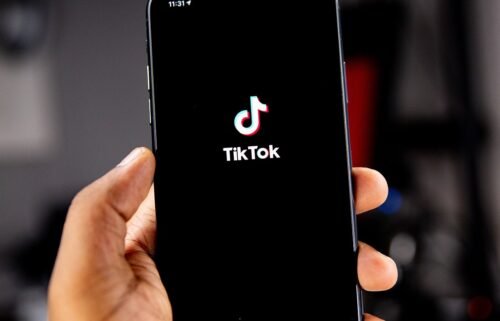US threatens 100% tariffs on French cheese and champagne

US trade officials proposed a wave of tariffs on French goods Monday as they released a report finding that a new French tax on digital services — affecting large American tech companies such as Facebook and Google — represents a barrier to trade.
The list of proposed US tariffs covers dozens of products, including cheeses, beauty products, handbags and sparkling wines such as champagne. The move risks escalating transatlantic trade tensions after the United States already hit $7.5 billion worth of European goods — including French wine, Italian parmesan cheese and Scotch whisky — in October over subsidies to planemaker Airbus.
Roughly $2.4 billion in French products could be subject to the new taxes of up to 100%, the office of the United States Trade Representative said Monday. The public will have until early January to weigh in on the proposal.
The report and proposed tariffs could drive a further wedge between members of the European Union and President Donald Trump, who in July threatened France with “substantial reciprocal action” if it moved forward with its digital services tax.
Trump told reporters in London on Tuesday that while he was “not in love” with Facebook and Google, he would defend US businesses.
“I’m not going to let people take advantage of American companies,” Trump said Tuesday. “If anyone is going to take advantage of the American companies, it’s going to be us, it’s not going to be France.”
French Finance Minister Bruno Le Maire said the European Union “would be ready to retaliate strongly” against US sanctions. He told the French radio station Radio Classique that the latest proposal on French products is “unacceptable,” and said he has shared his view with US Trade Representative Robert Lighthizer.
“It is not what one would expect from an ally, it is not what one would expect from the United States,” Le Maire said.
The European Commission backed France. Daniel Rosario, a spokesman, told reporters that the European Union would “act and react as one, and it will remain united.”
Rosario said the European Union would seek immediate discussions with the United States on how to resolve the dispute and avoid a confrontation.
Still, the threat of new tariffs caused French luxury stocks to drop. Shares in Hermes and Gucci owner Kering dipped more than 2% in Paris. LVMH, which produces both leather goods and champagne, fell 2.1%.
The tech tax
The French measure, which was approved this summer, charges a 3% tax on revenues earned by companies that provide digital services in the country. A number of other countries including Spain, Italy and the United Kingdom are considering passing similar measures, in what US and tech industry officials worry could be a fragmenting of the global corporate tax system.
Monday’s report by Lighthizer is likely to renew an international debate over the power of large tech platforms and how they should be regulated around the globe.
Tech industry groups welcomed USTR’s report.
“Discriminatory digital services taxes act as a trade barrier for innovative American companies and small businesses often face the biggest burden from them,” said the Internet Association, a tech trade group, in a statement. It called the French tax “one of a growing number of concerning unilateral tax regimes around the world.”
On Monday, Cedric O, France’s secretary of state for digital economy, kicked off a weeklong tour of the United States beginning in Washington, where he met with current and former officials from the White House, the Federal Communications Commission and the Federal Trade Commission. He is also expected to meet with US lawmakers and Eric Schmidt, the former Google CEO.
“At a time when the European Union is organizing itself to speak with a single voice, cooperation with the United States and its actors is essential to promoting a new digital world,” O said in a statement. “The survival of our model of society, based on the preservation of individual and collective freedoms and rights, depends on it.”
In August, the United States and France announced a compromise on the tax issue. Under the agreement, the United States would temporarily refrain from imposing new retaliatory trade measures on French products in connection with the digital services tax. That moratorium expired last week.
Meanwhile, France said it would refund US companies the difference in tax between what it will collect and what companies will be required to pay under a comprehensive tax plan being developed at the Organization for Economic Cooperation and Development. Those discussions are still ongoing.
— Saskya Vandoorne contributed to this report.




